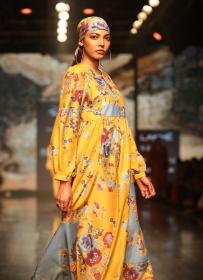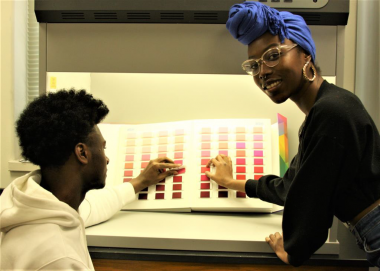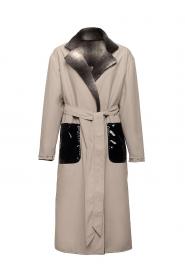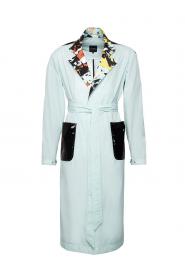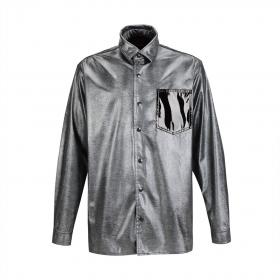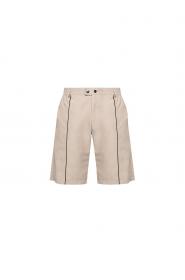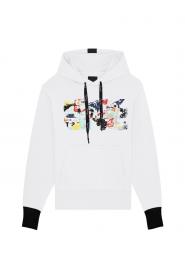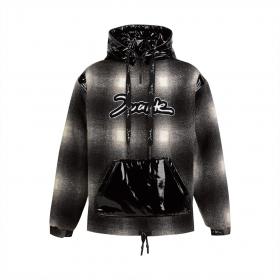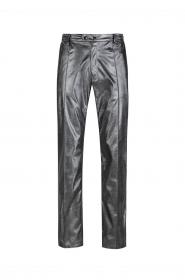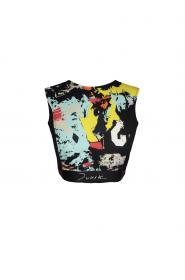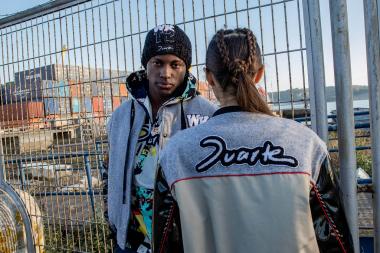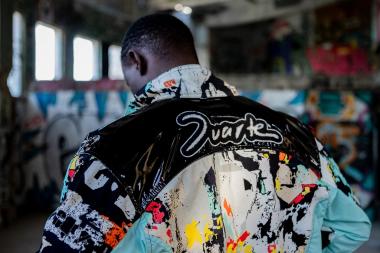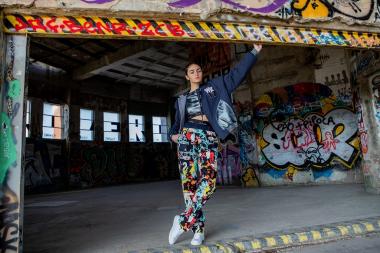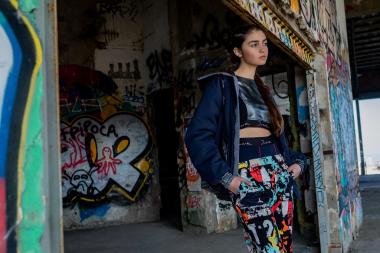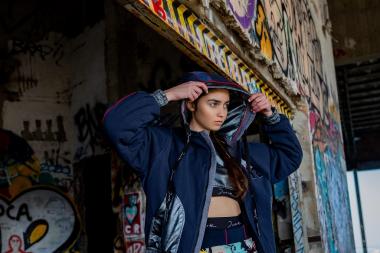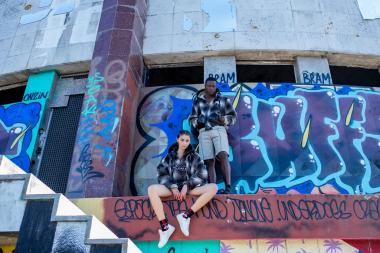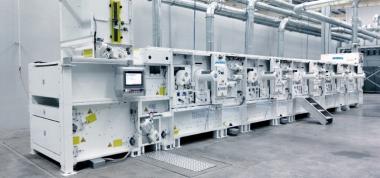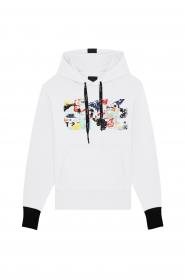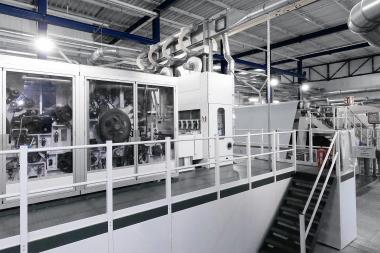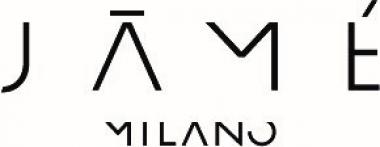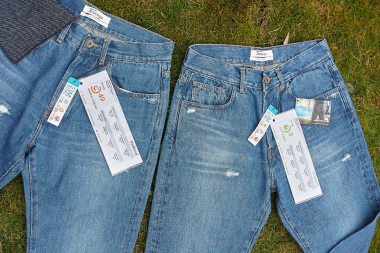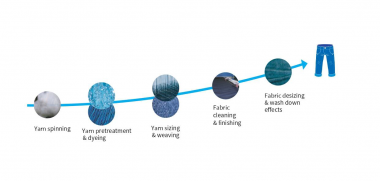adidas and Gucci showcase their collection
Designed by Creative Director Alessandro Michele, adidas x Gucci merges the emblems of the House with those of the iconic sportswear brand. The collection expands on the sartorial streetwear creations that debuted on the runway with a spectrum of sport-inspired pieces, distinguished by the same kaleidoscopic aesthetics of the show.
To present the selection, Alessandro Michele envisioned a series of images inspired by archival catalogs as a cast of characters strikes dynamic poses against brightly colored backdrops alongside sporty props, captured by photographer Carlijn Jacobs.
With the heritage of both brands encoded in a trio of lines, a fixation on stripes plays out across ready-to-wear pieces that echo the silhouettes of athletic staples and leisurewear. Track pants feature the white Three Stripes of adidas on one leg, while the other is defined by the red and green Web of Gucci. Energetic prints portray how motifs like the adidas Trefoil and GG monogram find synergy to amplify two legacies. Conventionally formal pieces like leather heels, suede loafers, and silk scarves enter hybridized territory as well, as they are marked with casual codes. Similarly, retro aesthetics become intrinsically contemporary as they proclaim there are no rules when it comes to dressing up.
Reflecting a shared commitment to innovation, progress, sustainability goals and collective action, the collection features multiple pieces crafted with future-conscious material fabrications including polyester, cotton and viscose.










